Clearing Coastlines
- IAmWaterFoundation

- Jul 31, 2025
- 3 min read
Updated: Aug 21, 2025
OFAA Ecuador’s Impact Against Plastic Pollution Through Ocean Connection Workshops.
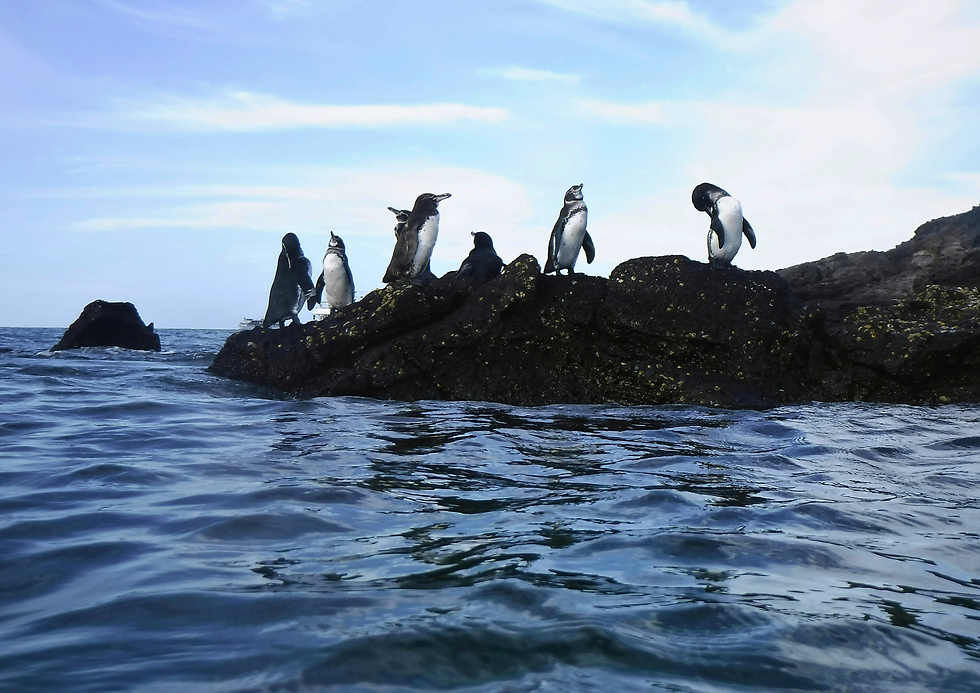
In just five months, our OCEAN FOR ALL Alliance (OFAA) partner organisations in Mainland Ecuador and the Galapagos, who are facilitating Ocean Connection Workshops and Ocean Connection Methodology training programmes on the ground, have removed an incredible 403.45 kilograms of litter from local beaches; an inspiring testament to the impact of grassroots, community-led action in ocean conservation.
This recent win is the result of a series of Ocean Connection Workshops and Ocean Connection Community Activations run by our OFAA partners in Ecuador between January and June this year.
Within the beach clean-up component of the Ocean Connection Methodology, a key element is the “trash timeline” activity, which visually demonstrates how long everyday waste items like plastic bottles, straws, and cigarette butts linger in marine ecosystems. It’s a powerful way to connect people emotionally and practically to the long-term impacts of plastic pollution.
Plastic pollution is now recognised as one of the most pervasive and long-lasting threats to
marine ecosystems.
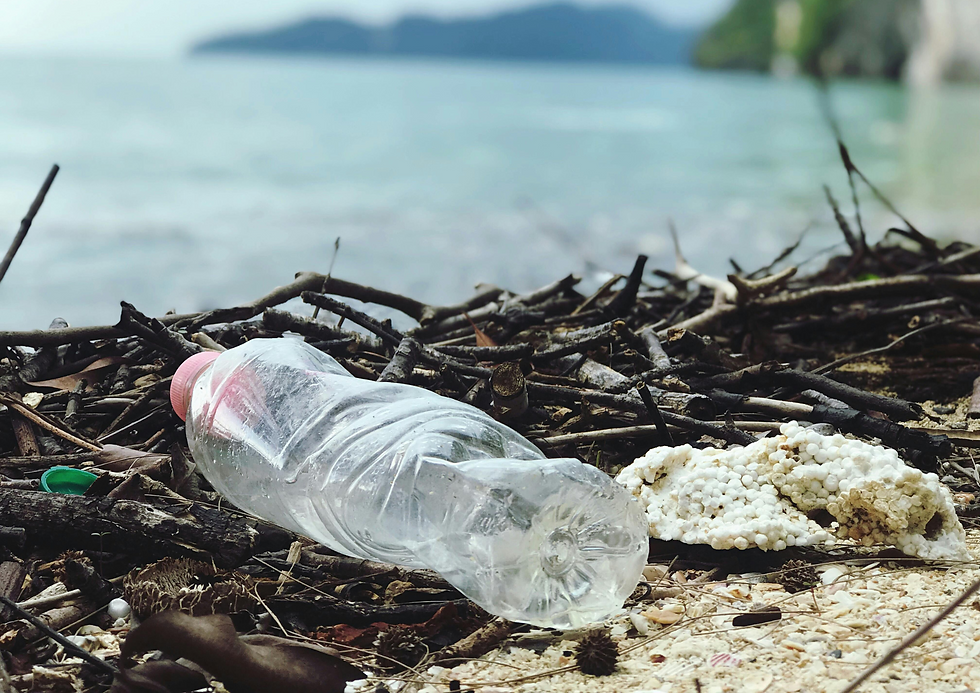
An estimated 11 million metric tonnes of plastic enter the ocean each year, a number that could nearly triple by 2040 without urgent intervention. Once in the ocean, plastics do not disappear, they fragment into microplastics, infiltrating food chains, harming marine species, and accumulating in habitats ranging from coastal shallows to deep sea trenches. Traces of plastic have been found in the bodies of seabirds, fish, and even plankton, with growing evidence of human exposure through seafood and drinking water.
For coastal communities, especially those directly dependent on the ocean for food security, income as well as deeper cultural significance, plastic pollution can undermine both ecological health and social wellbeing. That’s what makes these cleanups, though small in scale, so meaningful. They not only remove waste from the environment, but engage people directly in understanding the problem, and in seeing that their actions matter. In the face of a global crisis regarding our ocean, this kind of local leadership from community-led grassroots organisations becomes an essential part of the solution.
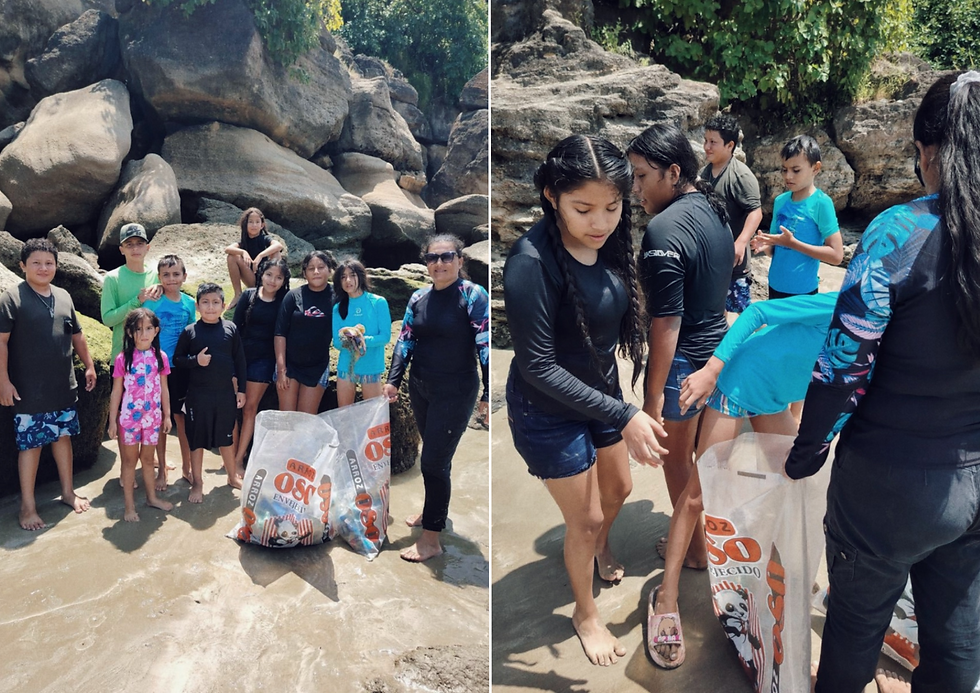
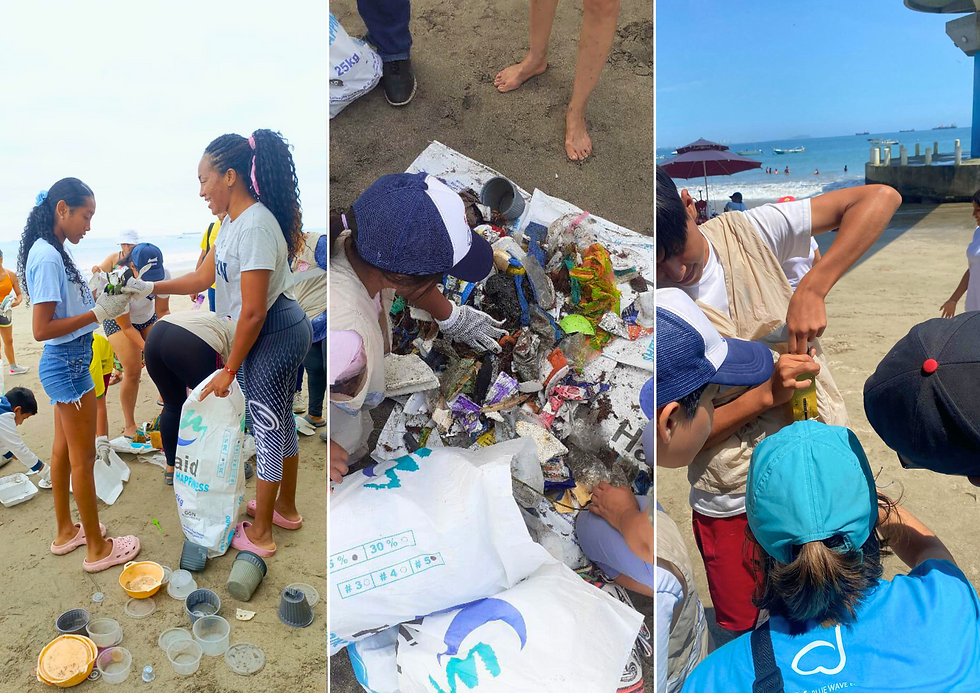
A closer look at the numbers from January to June 2025
403.45 kg of litter removed through beach cleanups.
46 Ocean Connection Workshops facilitated, reaching 683 children.
These workshops include hands-on environmental education, snorkelling, and activities like the trash timeline to foster deeper understanding of ocean issues.
61 community activations conducted (including yoga, snorkelling, and beach cleanups), with 721 participants.
Components of the Ocean Connection Methodology are used as community activations to help broaden reach beyond schools.
71 new coaches trained across OFAA partner organisations
These activities were hosted across multiple locations, from Ballenita, Ayangue, and Montañita on the mainland to San Cristobal, Isabela, Baltra, and Santa Cruz in the Galapagos.
These Ocean Connection workshops are creating safe, inspiring spaces where children and community members can connect with their marine environment, in many cases, for the first time. They are building a culture of stewardship, curiosity, and ocean literacy, while directly tackling visible threats like plastic pollution.
We’re incredibly proud to support this work and to stand alongside the local leaders, coaches, and communities who are shaping a different future for the ocean, one workshop, one conversation, and one cleanup at a time.
Stay tuned for more updates as the Ocean Connection programme continues to expand its reach across Ecuador and the Galapagos.


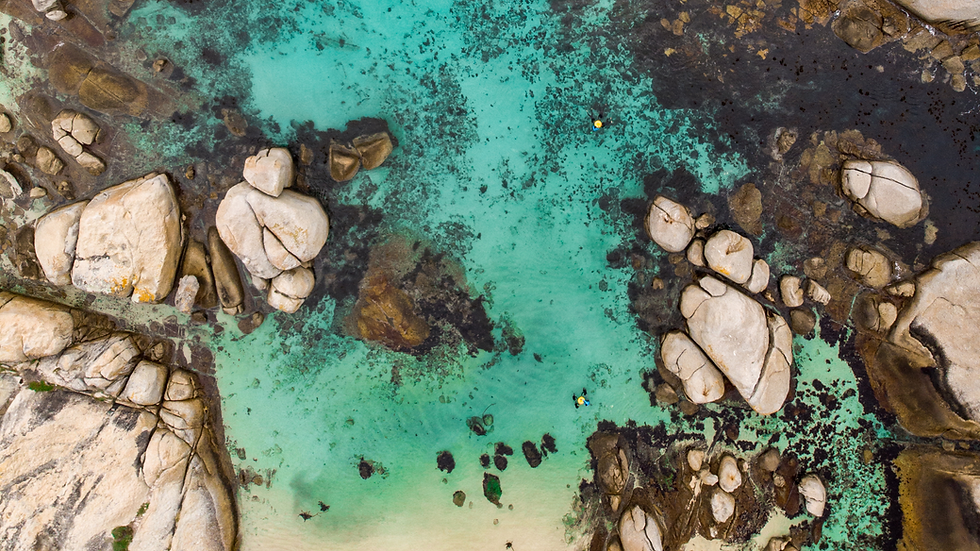
Comments